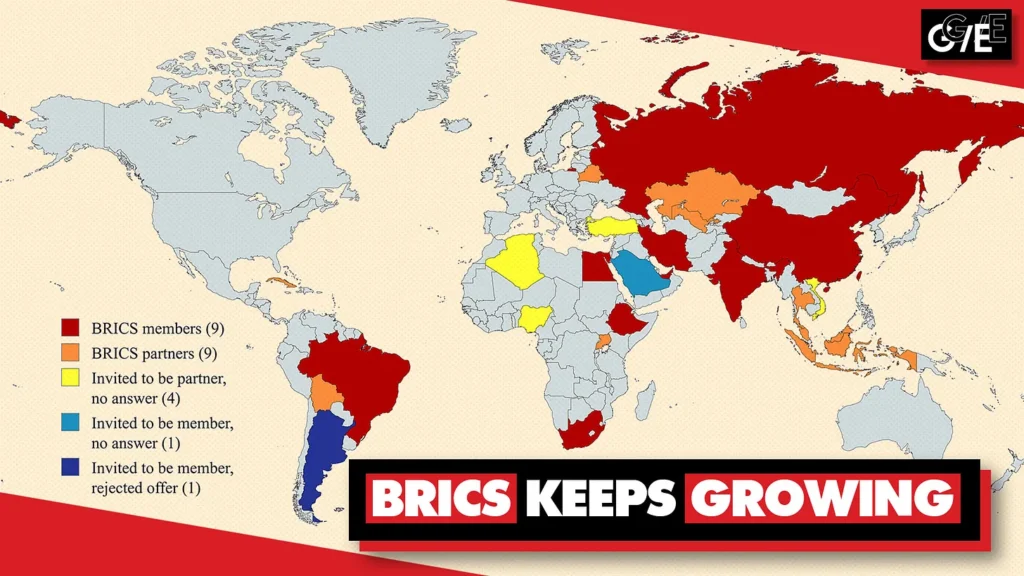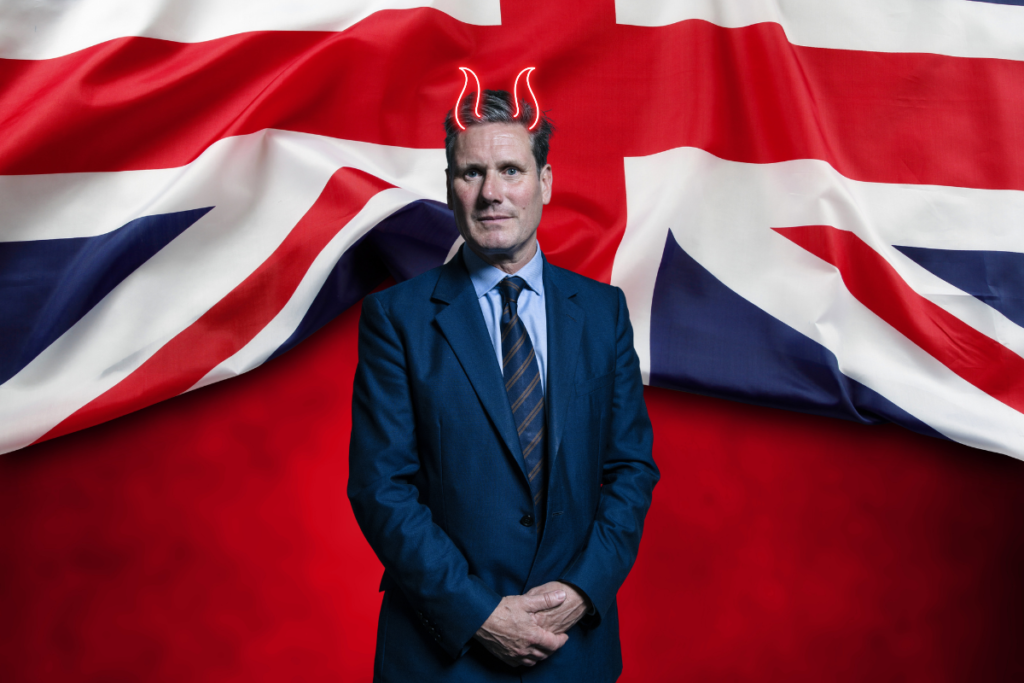French President Emmanuel Macron navigated the complex dynamics of U.S.-European relations during his recent visit to the White House, where he engaged with President Donald Trump on critical issues surrounding the ongoing conflict in Ukraine. Meeting in Washington, Macron sought to reinforce Europe’s position while also ensuring diplomatic ties remain intact amid growing tensions.
During a joint news conference held in the Oval Office, Macron adeptly complimented and engaged Trump, employing a strategy that has become increasingly common among world leaders. This approach, which emphasizes flattery and gentle persuasion over direct criticism, allowed Macron to address sensitive topics without alienating the U.S. administration.
Macron’s remarks centered on the shared goal of peace between the U.S. and Europe. While he gently corrected Trump on misinformation regarding European support for Ukraine, he also acknowledged the necessity for Europe to enhance its own security responsibilities. “We both want peace,” he affirmed, but also highlighted the expectation that European nations should take a more proactive role in regional defense.
One significant moment in the conversation came when Macron conceded that Trump’s initiative to re-establish a dialogue with Russian President Vladimir Putin could hold merit. This acknowledgment marked a departure from the prevailing European stance, which has historically favored isolating Russia through sanctions and diplomatic pressure.
“There is good reason for President Trump to re-engage with President Putin,” Macron stated, recognizing the potential shift in U.S. foreign policy with the new administration.
While emphasizing the importance of a robust European security framework, Macron hinted at the possibility of France and the United Kingdom contributing military support in a post-truce Ukraine, potentially involving air power and troop deployments. However, he also underscored the need for an American security commitment, which was not explicitly confirmed during the discussions.
Despite Macron’s efforts, the meeting did not result in a clear U.S. endorsement of European initiatives, nor did he elicit strong criticism of Putin from Trump. Nevertheless, the dialogue provided an opportunity for Macron and other European leaders to reclaim a voice in discussions regarding Ukraine, which they consider crucial given the conflict’s implications for European stability.
The meeting underscored a significant shift in U.S.-European relations, particularly in the context of Trump’s administration, which many European leaders perceive as increasingly indifferent to their concerns. Macron has been advocating for a more strategically autonomous Europe, exploring ideas of integrated defense forces to mitigate reliance on U.S. support.
This sentiment was echoed by Friedrich Merz, the anticipated next chancellor of Germany, who has voiced the necessity for Europe to achieve greater independence from the U.S. in matters of security.
“My absolute priority will be to strengthen Europe as quickly as possible so that, step by step, we can really achieve independence from the USA,” Merz stated, reflecting a broader trend among European politicians who are reassessing their reliance on American leadership.
Moreover, the political landscape in Europe is evolving, with the rise of far-right nationalist parties demonstrating a growing skepticism among some citizens regarding continued support for Ukraine. The recent elections in Germany, where the Alternative for Germany (AfD) party garnered significant votes, illustrate this shift in public sentiment.
Later this week, U.K. Prime Minister Sir Keir Starmer will join Macron in Washington, reinforcing their collaborative approach to Ukraine. Starmer, like Macron, seeks to leverage the unique relationship between the U.K. and the U.S. to advocate for European interests in the ongoing crisis.
Ultimately, Macron’s visit to the White House represents a cautious diplomatic balancing act, as he strives to maintain robust transatlantic ties while advocating for Europe’s strategic interests. The discussions highlight the evolving nature of international alliances, underscoring the complexities of navigating U.S.-European relations during a time of geopolitical uncertainty.
As Europe seeks to redefine its role on the global stage, the outcomes of these discussions will be critical in shaping the future of European security and its relationship with the U.S.



